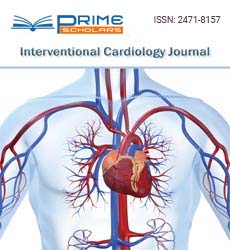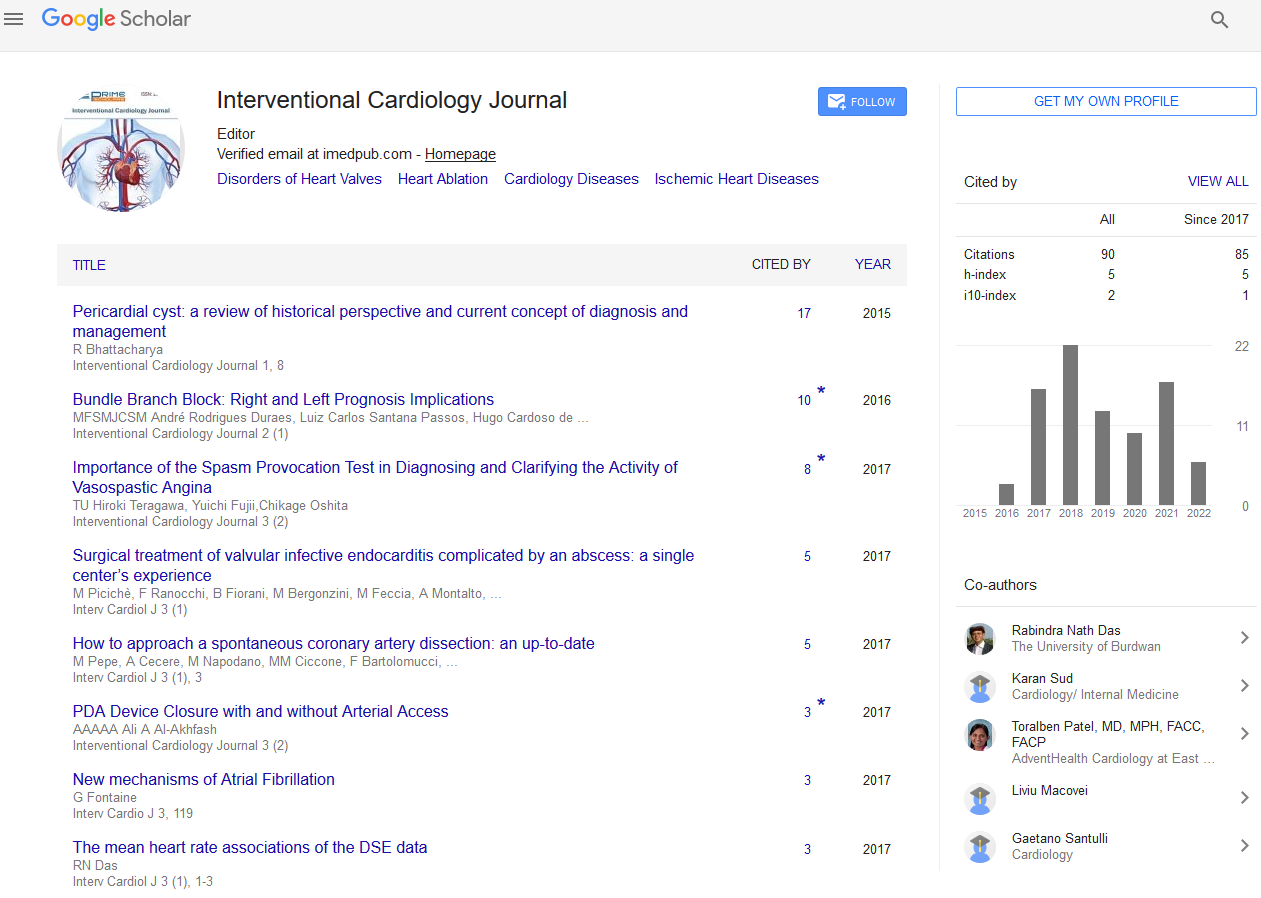Keywords
Heartbeat; Atria; Ventricles
Symptoms of Heart Valve Diseases
Weakness, Dizziness, Discomfort in your chest, Shortness, or difficulty in breathing, Swelling of Ankles, feet, or abdomen, Rapid weight gain, Fatigue, Fainting, Irregular heartbeat.
Types of heart valve diseases
Mitral valve prolapsed which is also called as click-murmur syndrome, Barlow’s syndrome, balloon mitral valve, floppy valve syndrome. It occurs when the mitral valve does not close properly, or blood to flow back into the left atrium. Most people with this mitral valve do not have symptoms and do not require any treatment.
Symptoms include Chest pain, Fatigue, Heart Palpitation.
Treatment involves surgery to repair or replace the mitral valve.
Valvular stenosis
This occurs when a valve opening is smaller than normal due to fused or stiff leaflets. The narrowed opening valve may make the heart work very hard to pump blood through it.
Bicuspid aortic valve disease
This type of disease occurs when a person is born with an aortic valve that has only two flaps instead of having three.
In very severe cases, the symptoms with this type of disorder are present at birth. However, some people may live decades without knowing that they are have this type of disorder. This valve is usually able to function for years without causing any symptoms, so most people with bicuspid aortic valve disease are not diagnosed until adulthood.
symptoms may include shortness of breath with exertion, dizziness, Fainting, Chest pain.
Most people can have their aortic valve repaired successfully with surgery.
Congenital valve disease
This type of valve disease most often affects the pulmonic valve or aortic. The Valves may be having malformed leaflets or have leaflets that are not attached correctly or wrong size.
Acquired valve disease
This type of disease problems that develop with valves those were once normal. These may involve changes in the structure or your valve due to a variety of diseases or including rheumatic fever, endocarditis, or infections.
Risk Factors: There are several risk factors that can increase risk of heart valve disease are older age, Infections that effect the heart.
Different types of heart problems and diseases High cholesterol, Blood pressure, Diabetics, and other types of heart diseases.
Diagnosis
By physical Examination, Test and procedures include Echocardiography, EKG, Chest X-ray, Cardiac catherization, Stress Test, Cardiac MRI, Transesophageal echocardiography, Surgery, and other procedures.
Treatment
Medicines, Repairing or replacing heart valves, Ross procedure, Transcatheter Valve Therapy, Heart and healthy eating, Managing Stress, Physical activity, Quitting Smoking.
Complications
blood clot, Stroke, Heart failure, Rhythm abnormalities, Death.

